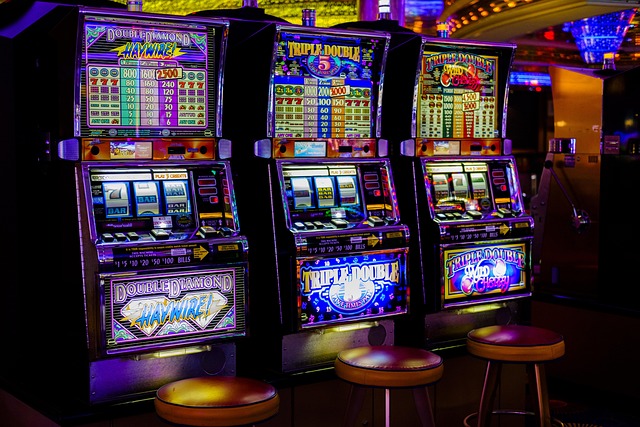Video games have come a long way since the days of simple sound effects and pixelated graphics. Today’s games feature fully orchestrated soundtracks and licensed songs from popular artists, creating immersive audio experiences that complement the stunning visuals. Here’s an in-depth look at how video game music has evolved and how it’s changing the way we experience music.
More Complex and Dynamic Soundtracks
Early video game music was highly primitive due to technical limitations. Game composers worked with very basic synthesiser sounds and had to loop short musical phrases endlessly. This repetitive approach was necessary with small storage capacities and basic sound chips.
Modern games have no such restrictions. Current generation consoles and PCs can process large, high-quality audio files and support far more realistic instrument samples. Composers now have the flexibility to create complex dynamic soundtracks on a par with film and TV scores.
Game music changes seamlessly in real-time based on player actions. Exploration tracks transition smoothly into combat music when enemies appear in games like this new strategy game. Themes modulate into minor keys for tense situations, then return to major keys for triumphant resolutions.
Live Orchestral Recordings
Synthesised sounds have largely been replaced by live orchestral recordings in today’s big-budget games. Full orchestras and choirs are contracted to provide authentic acoustic performances of the composed score. The orchestra sets moods and tones more convincingly than synths ever could.
Developers also implement interactive music systems that transition seamlessly between stems of orchestral recordings. This builds an ever-changing soundtrack unique to each playthrough. The resulting music feels cinematic and responsive.
Licensed Songs and Artists
Beyond original score compositions, video games increasingly licence existing songs to complement gameplay. Major artists like Lady Gaga, Kendrick Lamar, and Grimes have allowed their music in games recently.
Licenced songs appear in relevant scenes to amplify the intended emotions. Games like Grand Theft Auto and FIFA have entire radio stations of licenced music. Players can choose between stations catering to different genres while driving or navigating menus. This level of music integration is unmatched in other mediums.
Dynamic Adaptive Scoring
Cutting-edge game music systems can adapt musical scores dynamically based on players’ actions and choices. The music might intensify when combat begins, then become more victorious or sombre depending on how the battle flows. If the player is stealthy, the music remains subtle and atmospheric.

Microsoft’s Project Acoustics demonstrates this potential. It uses A.I. to interpret game data like player health, enemies remaining, and environmental factors. The A.I. then makes musical decisions for the orchestra track in real-time, matching the music to the gameplay.
As adaptive music matures, scores will feel more reactive and personalised to each player’s style. The line between linear soundtracks and interactive scores will blur.
More Personalised Experiences
Music playback in games has also become more customisable for individual players. Soundtracks are no longer “one size fits all.”
The growing popularity of virtual reality gaming also points to more personalised musical experiences. VR technology allows for reactive 3D audio that changes realistically as players move and interact within virtual worlds.
Shared Musical Moments
Multiplayer gaming introduces new opportunities for shared musical experiences between players. The social space changes how game music resonates emotionally.
The massively popular online game Fortnite holds in-game concerts and music video premieres in its public lobbies. Millions of concurrent players experience these one-of-a-kind virtual performances together. Seeing a favourite artist “live” in a shared virtual venue creates community excitement.
An Evolving Art Form
Game music has clearly come a very long way in a relatively short period of time thanks to incredible technical leaps. It has evolved from a purely functional aspect of games into an impactful art form with immense capacity to move our emotions.
Driven by live recordings, adaptive scoring, and innovative new technologies, video game music continues to mature and expand its reach. The interactive virtual worlds of the future will feature reactive musical scores that dynamically match our actions and choices.
More than ever, video games demonstrate music’s power to engage us, to tell stories, and to make us feel. As games continue redefining what’s possible, they promise to transform our musical expectations and unlock bold new listening experiences.





















